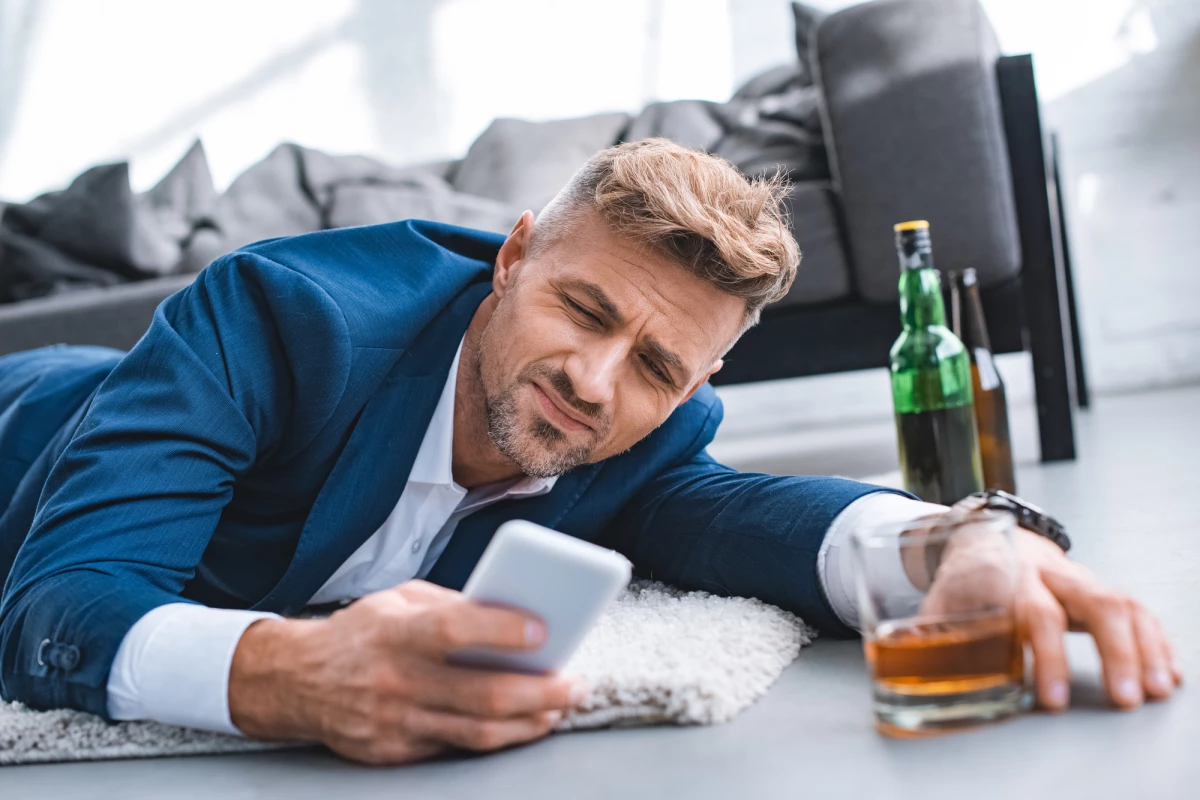We've already heard about various smartphone-linked devices that determine if the user is intoxicated. According to a new study, though, even a phone on its own can be used to measure a person's drunkenness.
Led by Dr. Brian Suffoletto, scientists at the University of Pittsburgh School of Medicine started with a group of test subjects aged 21 to 43. In a lab session, each person was given one hour in which to consume a mixed drink that contained enough vodka to produce a breath alcohol concentration of .20 percent – the legal limit in the US is .08 percent.
Every hour for the next seven hours, the participants had their breath alcohol analyzed with a conventional breathalyzer, plus they performed a task in which they walked straight forward 10 steps then turned around and walked back. As they did so, they wore a smartphone on their lower back within an elastic belt.
Utilizing its built-in accelerometer and gyroscope, the phone was able to measure how much each volunteer swayed from side to side, up and down, and forward and backward, as they walked. That data was compared to baseline measurements that were recorded when that person was sober. Ultimately, the smartphone proved to be about 90 percent accurate at determining when their breath alcohol was over .08 percent.
Of course, most people don't carry their phones in a belt on their lower back. With that in mind, the scientists now plan on conducting more trials in which the devices are held in a hand or put in a pocket.
"In five years, I would like to imagine a world in which if people go out with friends and drink at risky levels, they get an alert at the first sign of impairment and are sent strategies to help them stop drinking and protect them from high-risk events like driving, interpersonal violence and unprotected sexual encounters," says Suffoletto.
A paper on the research was recently published in the Journal of Studies on Alcohol and Drugs.
Source: Journal of Studies on Alcohol and Drugs via EurekAlert




